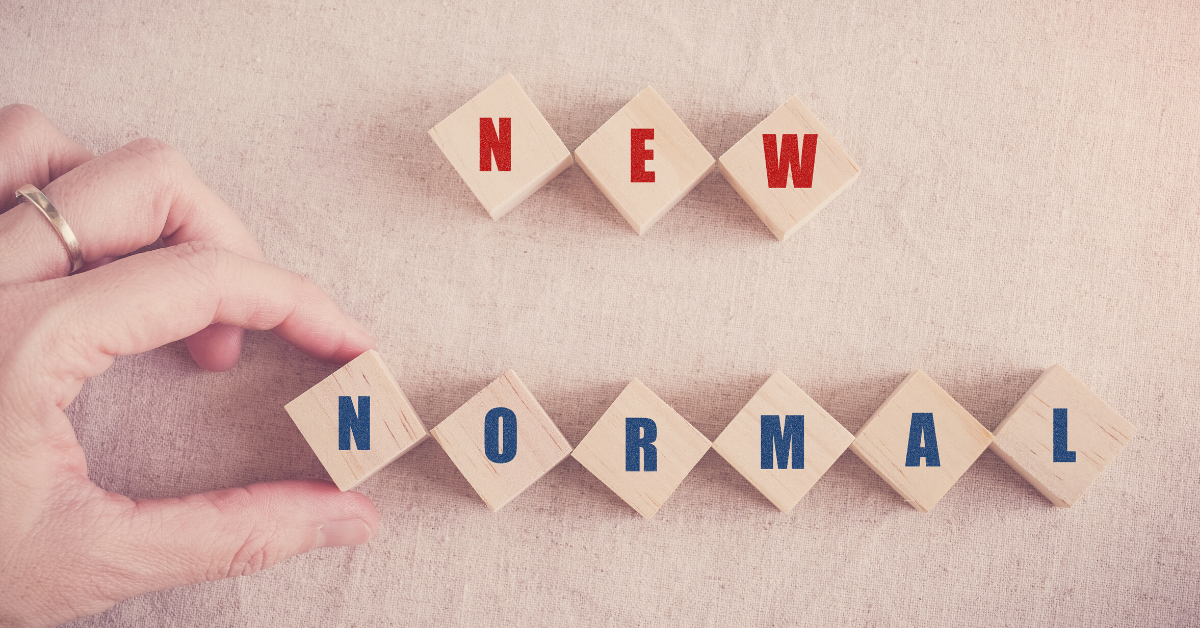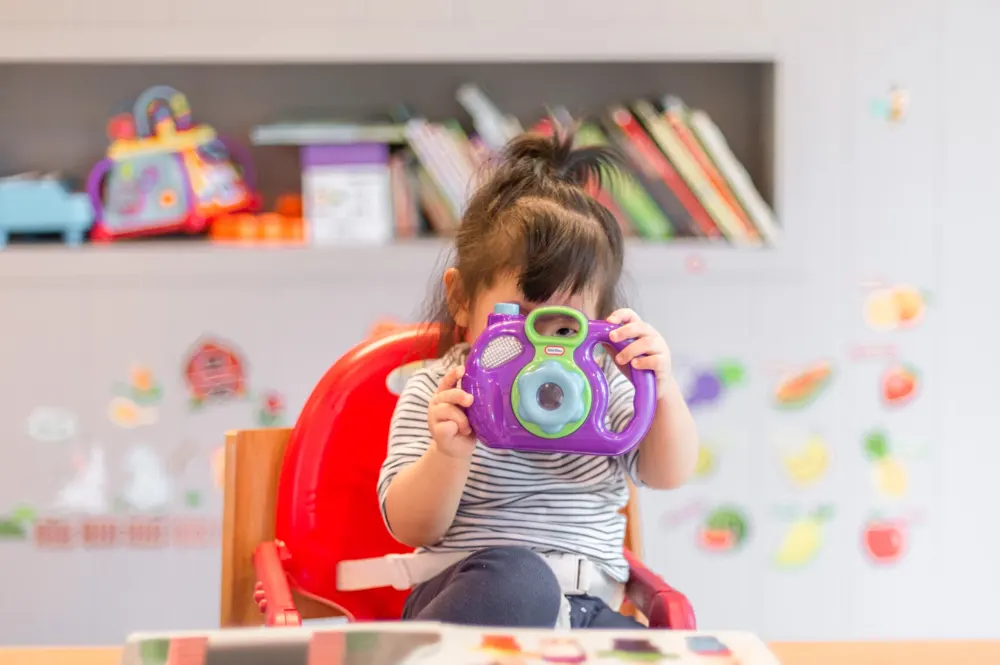There’s no denying that the COVID-19 (coronavirus) pandemic has rapidly and abruptly changed how we live, work and play. As the threat of the coronavirus shifts, Americans are navigating their new normal and figuring out how Centers for Disease Control and Prevention (CDC) guidance for social distancing and mask wearing fits into a daily routine.
You may be experiencing a range of emotions. It’s important to know that it’s completely normal to feel uneasy and confused as you figure out what your post-coronavirus normal looks like. To put things in perspective, to have a fighting chance against the coronavirus, everyone needs to sacrifice and develop a coping mindset. You are not alone in this challenge as millions across the world are weathering the same storm of the coronavirus pandemic.
Consider these coping methods when adjusting to your new post-coronavirus normal:
- Focus on what you can control—Focusing on the things you can’t control, like the course of the pandemic and actions of others, will only fuel frustration and stress. Instead, focus on things that you do have control over, such as washing your hands, wearing a mask and practicing social distancing.
- Adjust expectations—It’s important to approach your new normal with flexible expectations. Just as coronavirus guidance is ever-evolving, your expectations should shift and match reality. Resilient people continually reevaluate and focus on new goals.
- Be kind—Inside and out of the home, be accepting and polite to others as everyone may be feeling stressed during the pandemic. Collaboration (e.g., problem-solving or sharing), compassion, cheering people on and learning from this overall experience will help you connect with others.
- Find a routine—As the pandemic seems unpredictable, setting a routine for yourself can help you stay productive and active. Don’t forget to take care of yourself and schedule time for physical and emotional health, social connection and stress relief.
- Set boundaries—Not everyone is navigating the pandemic the same way and may have different viewpoints on measures like mask wearing and social distancing. Respectfully set your boundaries with family, friends and co-workers. Once again, just focus on what you can control in your life.
Other Considerations
While experiencing stress or anxiety over the health and economic fears brought on by the coronavirus is normal, if you don’t take steps to cope with these feelings, you can put yourself at risk for long-term health effects. Some healthy ways to mitigate your stress and anxiety include exercising, sticking to a routine, spending time outside and meditating.
Since the pandemic is still evolving, get up-to-date information about coronavirus activity and guidance from your local public health authorities, the CDC and the World Health Organization. If you are feeling stressed or anxious navigating your new normal, contact a licensed mental health professional.
This article is for informational purposes only and is not intended as medical advice. For further information, please consult a medical professional. © 2020 Zywave, Inc. All rights reserved.








